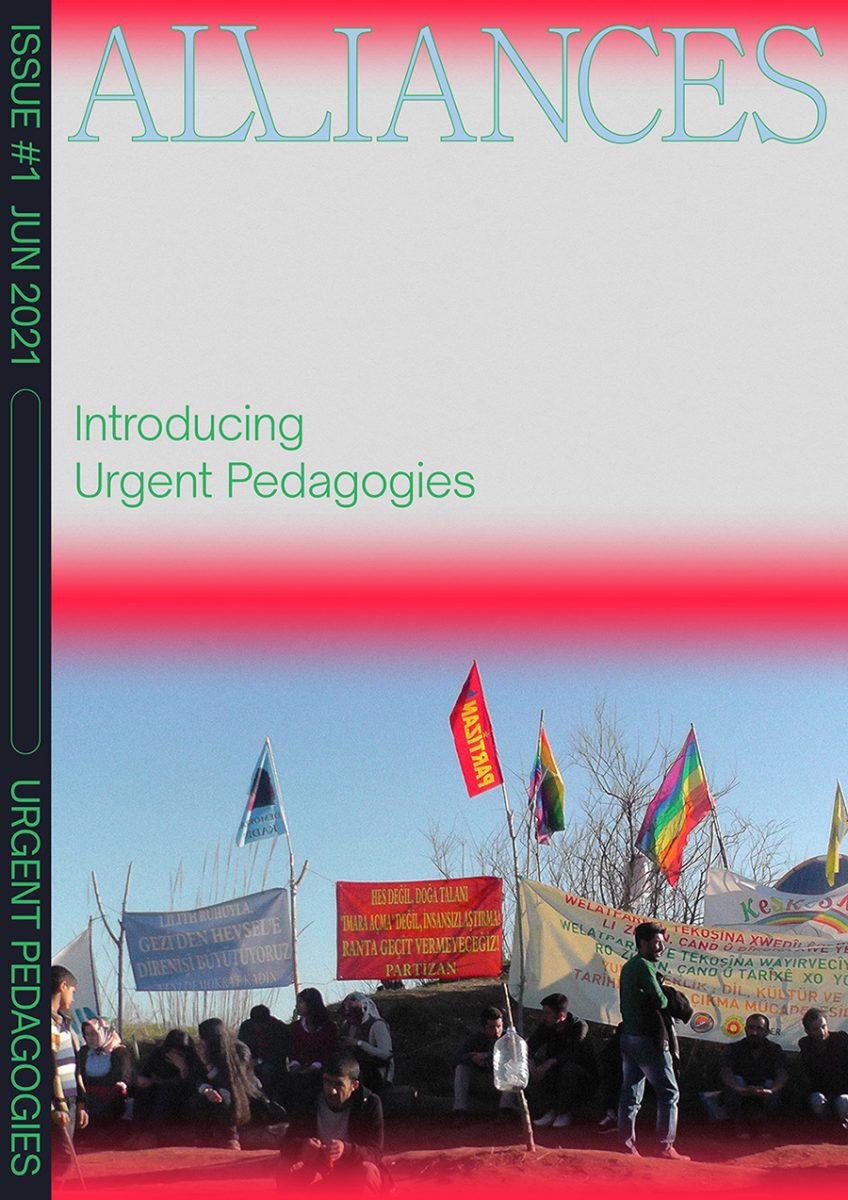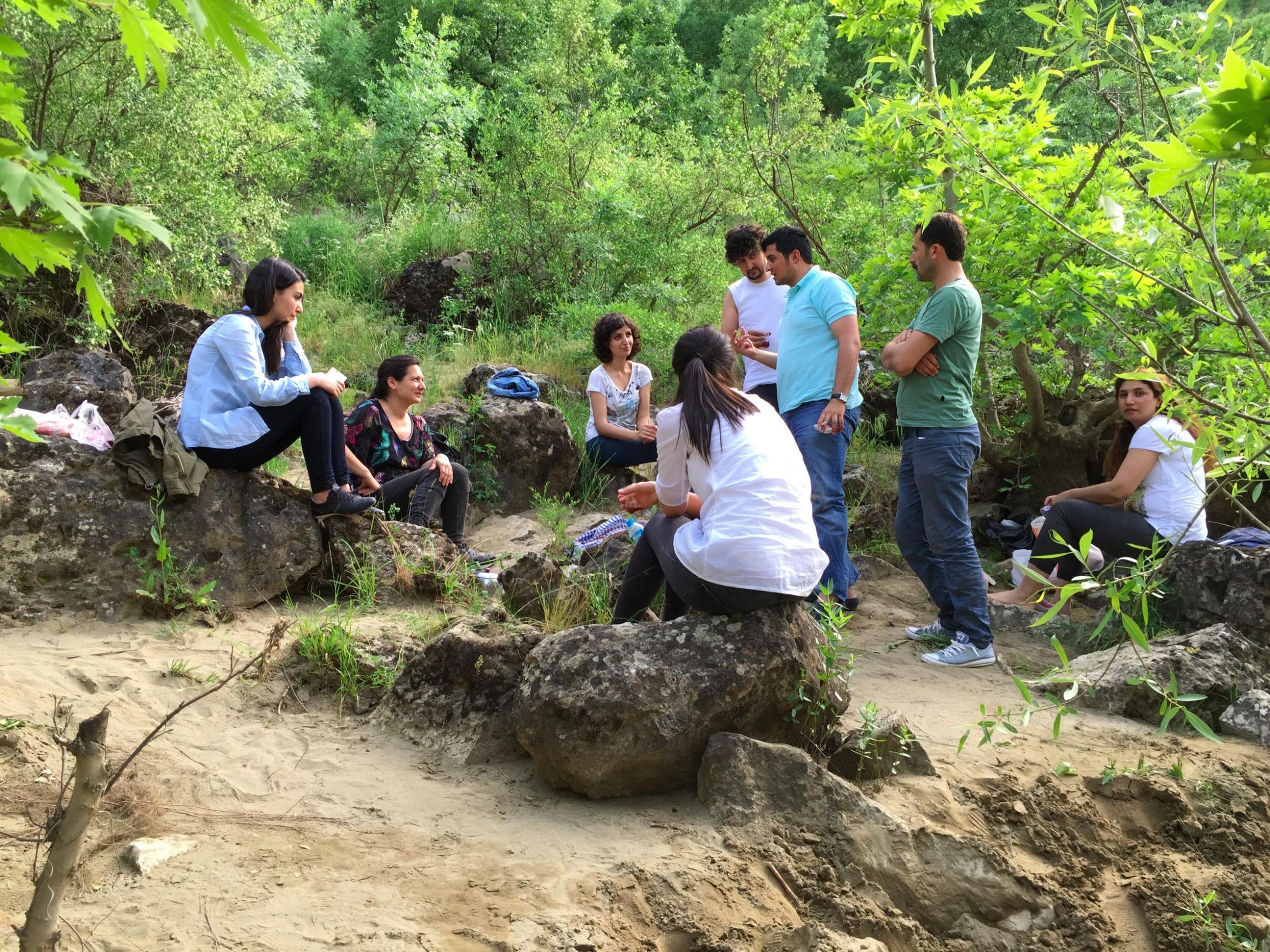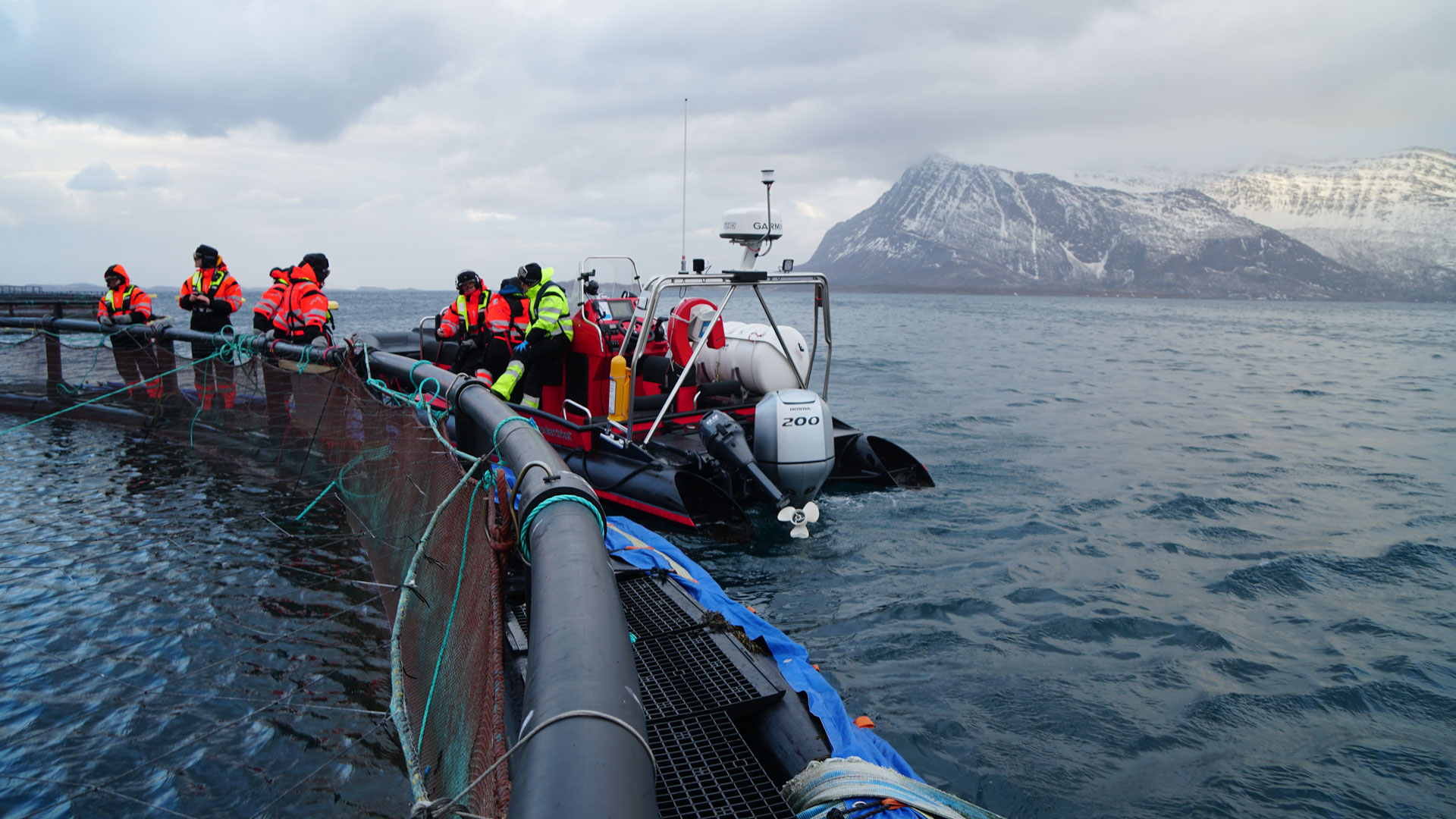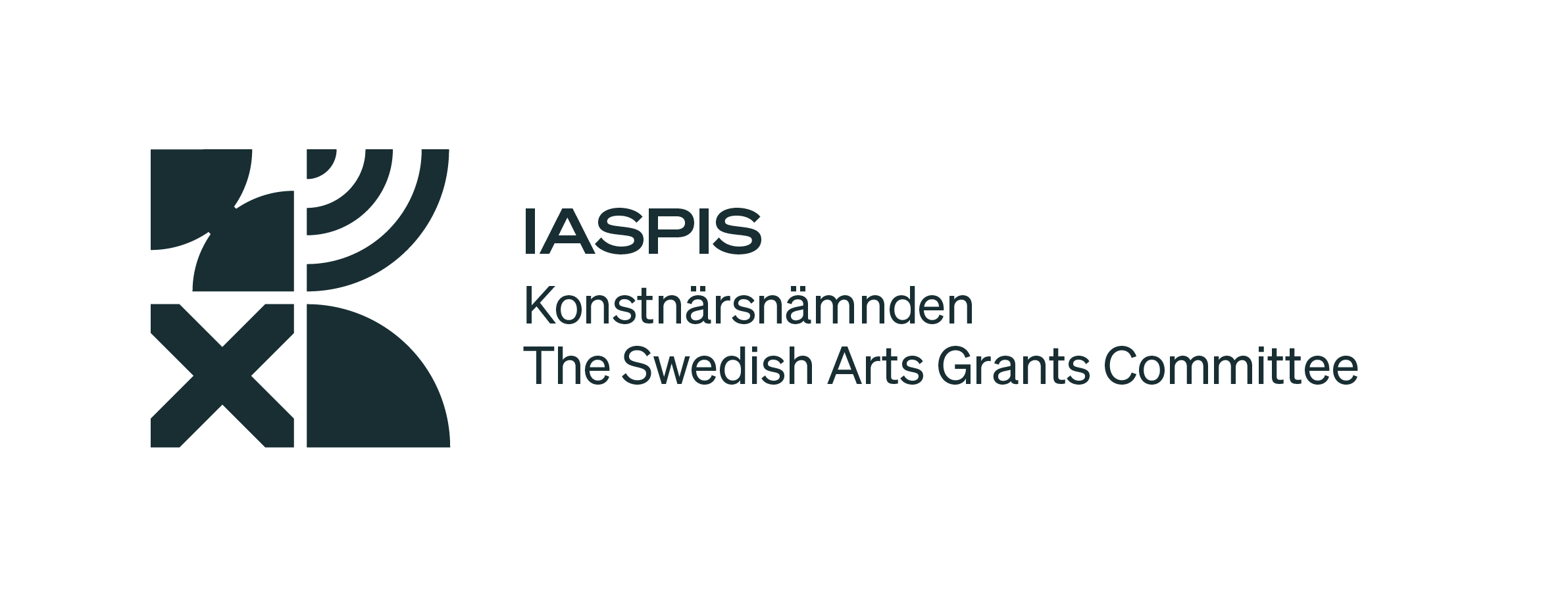Issue #1
Alliances: Introducing Urgent Pedagogies
Pelin Tan and Magnus Ericson (Eds.), Munir Fasheh, Silvia Franceschini, Katya Sander

CATEGORY
Welcome to Issue #1 and the Urgent Pedagogies online platform. Here we will introduce the project and platform and the first set of texts and online talks that through various perspectives look at the role of alternative pedagogy and spaces for knowledge production in relation to socially engaged critical spatial practice. In this project we have developed public events, online talks and commissioned texts so as to gather a wide variety of views related and in response to the urgencies of social justice and equality, contested territories and conditions of conflict.
We will now in a series of events and through what we have termed “Issues” present and discuss these perspectives. Each Issue is dedicated to a specific topic and includes a selection of texts and online talks. These are presented alongside an evolving online archive with examples of practice and theory, gathered through research and contributions from a growing network of practitioners and thinkers.
Here in Issue #1 project founders Magnus Ericson and Pelin Tan introduce the project and platform with thoughts on its motivations and aims, and reflecting on its possible role and use. In the text Alternative Alliances, Pelin Tan provokes the need of alliances through pedagogical platforms and methodologies that fosters the unlearning or learning in a transversal way within collective thinking and acting. By doing this, she also redefines some of the key concepts in this project such as decolonial pedagogy, transversal methods and the commons. Katya Sander introduces us in her text To my students: on open processes, praxis and the making of worlds, to the dilemmas of art education from her position as an artist and professor in the rural periphery of northern Scandinavia. Where quantification and measurability threatens the role of art and its institutions she discusses ideas of social imaginary, autonomy in relation to collective imaginaries and praxis, and the importance of radically open processes. Silvia Franceschini discusses how pedagogy, through radical thinkers and educators such as Paulo Freire and Ivan Illich, has been translated at different times in history. She points at how these influences have emerged again and inspired artistic and institutional practices to develop new tools for engaging in relation to today’s environmental and decolonial challenges. Learning theorist and practitioner Munir Fasheh talks about his long experience in emancipating learning from being subordinate to formal education and academia. As a subject of the overlayered settler-colonial eras, he presents his view on learning and takes us on a journey that shows his important role in empowering solidarity with pedagogical strategies in Palestine from the 1970s until today.
Urgent Pedagogies started as an IASPIS public event, presented within the 4th Istanbul Design Biennial, A School of Schools, in 2018. We invited international practitioners and thinkers with the idea of discussing how alternative spaces for learning and knowledge production may contribute to how critical spatial practice may engage in different kinds of “urgencies” – or situations of conflict [1]. The speakers presented and discussed diverse perspectives ranging from 20th century utopian design and social approaches, to examples of pedagogical practice dealing with border ecologies, occupations and conditions of the urban and periphery. This one-day event brought initiated and engaged individuals together – including a large and dedicated “audience” – to discuss and share knowledge and experience. With this as a starting point we decided to continue and to shape an investigative and discursive project that would make it possible to further explore this subject and in various ways bring together related practices.
We have both been working with pedagogy and share an interest in how to create alternative spaces and formats for learning, within existing institutional structures, as well as related to education as to curating. With our slightly different backgrounds in art, design, architecture and sociology we share a belief that learning is central in socially engaged critical practices and its ability to act and develop in relation to social urgencies, beyond the safe zones of academia or the art institution. We believe that engagement demands the capacity to carefully approach different issues and contexts, adopt alternative perspectives and create strategies and settings for learning, un-learning, thinking together and sharing knowledge. To move beyond established institutional forms of research and teaching and to encourage alternative, new and old, forms of learning may contribute to challenging social and political contexts ruled by hegemonic institutionalism, colonial processes and extractive capitalism. Approaches of alternative and collectively initiated pedagogical platforms may be emancipative forms of solidarity, care and resistance. Something much needed in our present time, troubled with issues of increasing social injustice and inequality, an escalating planetary environmental crisis and a devastating wave of neoliberal and right wing politics.
Urgent pedagogies as a project has now developed from this belief and within the institutional assignment of IASPIS, to become a space for inquiry and sharing of knowledge and experience. Starting from an initial series of public events we have realised, through input from participants and the public, that there is a need for a common resource and a space for bringing together practitioners, researchers, and thinkers from different backgrounds, experiences, contexts and situations, to be in dialogue and think together. Partly due to the emerging pandemic, we decided in the spring of 2020, to focus on a digital platform, a programme of online talks and conversations, commissioning of texts and development of an emerging archive of practice and theory.
Text commissions, online talks and the collection of examples for the archive have been developed through initially involving a number of practitioners, researchers and thinkers in different fields, including participants in the public events, and then further through research into new contexts and geographies. This means that Urgent Pedagogies has started to form a growing network and a space for sharing, but also for possible collaborations. With the idea of developing the project further, and in line with its focus on learning and pedagogy, it aims to eventually unfold in new formats and modalities for meeting (even physically), sharing knowledge and experience and learning together.
In light of the pandemic and the current global situation one sometimes doubts whether spending time and resources on a project like this makes sense or not. The testimonies from all corners of the world tell us that on top of all other troubles, many people are now experiencing a “double suffering”; and the inequalities of the world and failures of institutions seem more obvious than ever. Perhaps then, after all, the right and the ability to learn and unlearn, and share knowledge is more important, or even urgent, than ever before.
We have gathered knowledge, experience, thoughts and voices from a multitude of contexts and conditions, from China and Hong Kong to Palestine, Senegal, Cyprus, Turkey, Greece, Scandinavia, Germany, Italy in the UK to the US, Mexico, Brazil, Ecuador and Argentina (so far), and with perspectives from universities, art institutions, spatial practitioners and artists, community projects and activist initiatives. We are extremely grateful for the participation and contributions from all involved (thank You!) – and hoping that this project may in return be of value to you, that it may contribute to forming new alliances and transforming practice [2].
Pelin Tan and Magnus Ericson
Contents
Alternative Alliances
Pelin Tan
To my students: On open processes, social imaginary and praxis
Katya Sander
Towards the Third Space – influences of radical pedagogies
Silvia Franceschini
Reclaiming learning as a biological ability
Munir Fasheh
is a learning theorists and practitioner based in al-Fuheis, Jordan. He has a long-lasting pedagogical experience on the concept of learning as integral to education, both formal and informal. He studied and taught mathematics for many years; got his doctorate from Harvard in education and worked in Birzeit University. During the first Palestinian intifada in late 1980s, he left academia and established Tamer Institute for Community Education, which revolved around protecting and providing “learning environments”, building on what is beautiful, inspiring, healthy, and abundant in people, communities, and cultures, and making sense of one’s experience. In 1997, he established the Arab Education Forum within Harvard University’s Center for Middle Eastern Studies. He is the founder of Mujaawarah, a self-organised care initiative focusing on symbiosism with the earth through collective learning. In 2018 he moved to Jordan and have been working with JOHUD’s 52 centers in Jordan. He has a PhD in Education from Harvard University in 1988, MS in Mathematics education from Florida State University in 1966, and a BS in Mathematics from the AUB in 1962. Munir Faseh has published many books and articles in Arabic and English, several of them in the Harvard Educational Review, and participated in numerous conferences as a keynote speaker and/or lecturer.
is a curator and researcher working across the fields of visual arts, design, and architecture. She is currently an Associate Curator at Z33 – House for Contemporary Art, Hasselt, Belgium. She has in different contexts been working with issues of pedagogy and spaces for learning and knowledge production and in her PhD thesis Toward an Ecology of Knowledges: Critical Pedagogy and Epistemic Disobedience in Contemporary Visual Art and Design Practices she explored and discussed in depth historical and contemporary theory and practice in this field. Curatorial projects include: Le Déracinement. On Diasporic Imaginations, Z33, Hasselt (2021); research program The Politics of Affinity. Experiments in Art, Education and the Social Sphere, Cittadellarte-Fondazione Pistoletto, Biella (2016–18); participation on the curatorial team of The School of Kyiv—Kyiv Biennial 2015; and the exhibition, symposium, and educational program Global Tools 1973–1975: Towards an Ecology of Design, SALT, Istanbul (2014).
Silvia Franceschine is an editor of The Politics of Affinity. Experiments in Art, Education and the Social Sphere, Cittadellarte – Fondazione Pistoletto, 2018, and a co-author of Global Tools 1973–1975. When Education Coincides With Life, Nero Publishing, 2019.
is an artist living and working in Berlin, teaching, writing and exhibiting internationally. Her main artistic interests are around the processes through which images, languages and spaces become institutionalised and appear as naturalised, and how these processes influence our way of inhabiting and understanding the world. Katya Sander is Professor at Nordlands Kunst og Filmskole in Kabelvåg, Lofoten, Norway, where she is in charge of developing structures and frameworks for teaching, learning and researching artistically for the school at large; i.e. for students as well as for academic staff. Together with Professor Pelin Tan she initiated the research hub Resilient Infrastructures as an example of a framework for content- and interest-driven research in an art- and film-school.
is the 6th recipient of the Keith Haring Art and Activism and fellow of Bard College of the Human Rights Program and Center for Curatorial Studies, NY, 2019-2020. She is a sociologist, art historian and currently Professor, Fine Arts Faculty, Batman University, Turkey. Tan is a Senior Fellow of the Center for Arts, Design and Social Research, Boston; and researcher at the Architecture Faculty, University of Thessaly, Volos (2020-2025). She is the co-curator of the Cosmological Gardens project by CAD+SR and she was the curator of the Gardentopia project of Matera ECC 2019. Tan, was a Postdoctoral fellow on Artistic Research at ACT Program, MIT 2011; and a Phd scholar of DAAD Art History, at Humboldt Berlin University, 2006. Her field research was supported by The Japan Foundation, 2011; Hong Kong Design Trust, 2016, CAD+SR 2019. She was a guest professor at Ashkal Alwan, Beirut 2021; Visiting Professor at School of Design, Hong Kong Polytechnic University, 2016 and at the Department of Architecture, University of Cyprus, 2018. Between 2013 and 2017 she was an Associate Professor of the Architecture Faculty at Mardin Artuklu University. She is a member of Imece refugee Solidarity Association and co-founder of Imece Academy; advisor of The Silent University and the pedagogical consortium of Dheisheh Palestinian Refugee Camp, Palestine. In 2008 she was an IASPIS grantholder.
is Head of Applied Arts, IASPIS, responsible for the design, crafts and architecture related programme. He has a background as curator, project coordinator and educator. Between 2014 and 2018 he developed and managed two experimental postgraduate courses on socially-engaged critical practice; Sites and Situations and Organising Discourse, at Konstfack University College of Arts, Crafts and Design, Stockholm. Between 2009 and 2014 Magnus Ericson was a Senior Advisor/Coordinator and Curator for a new design-related program at Arkdes, Sweden´s National Center for Architecture and Design, in Stockholm. Between 2007 and 2009 he was assigned as a Project Manager at IASPIS to pursue and develop their activities within the fields of design, crafts and architecture. Together with Ramia Maze he was the author and co-editor of DESIGN ACT Socially and politically engaged design today – critical roles and emerging tactics (Berlin, Sternberg Press 2011).




